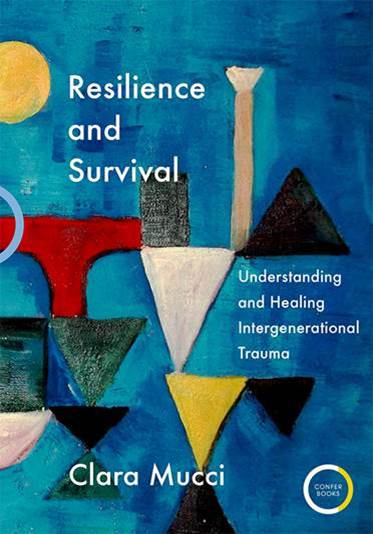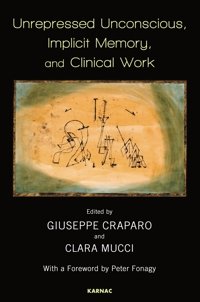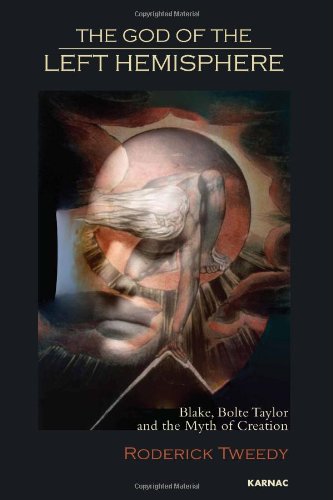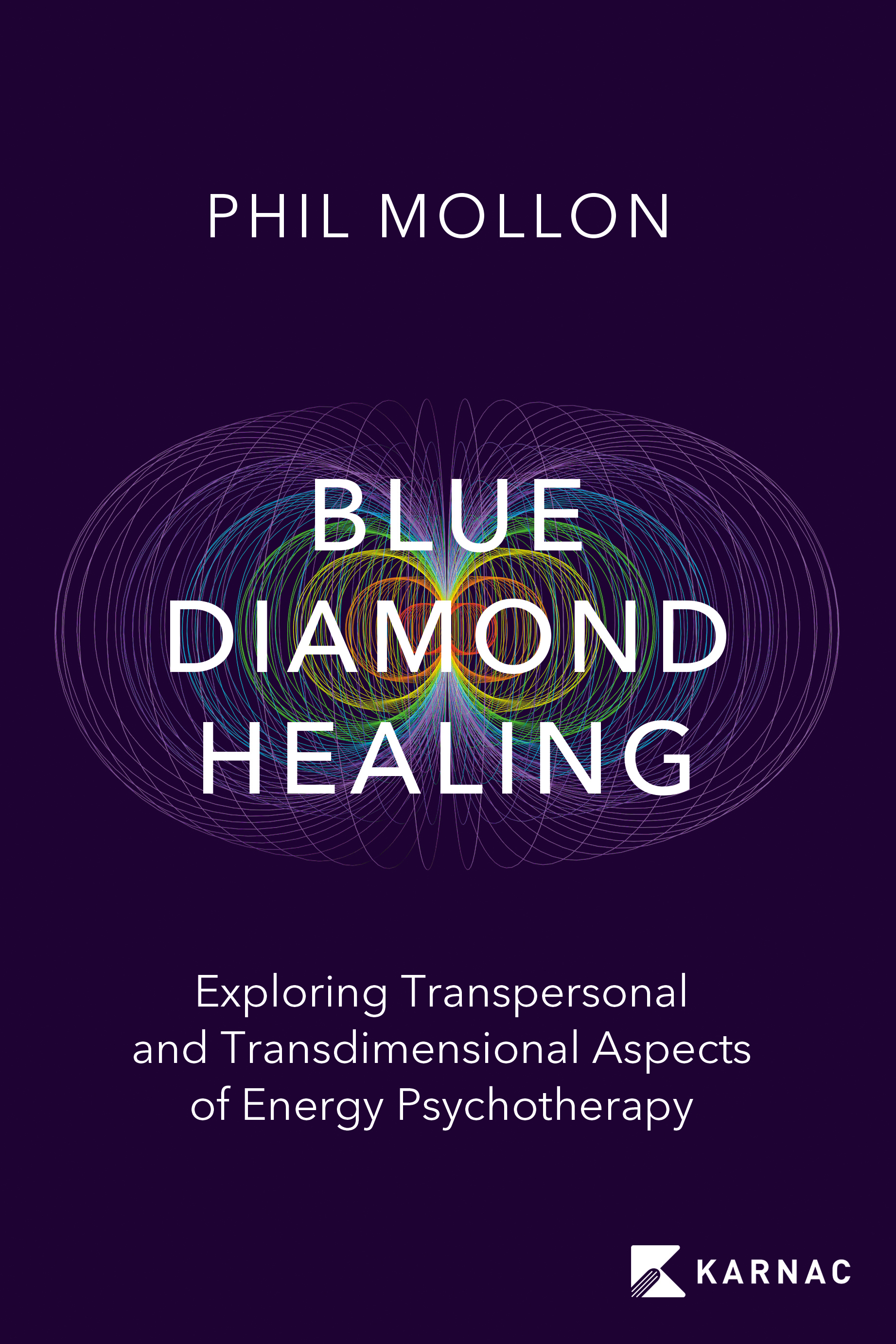Beyond Individual and Collective Trauma: Intergenerational Transmission, Psychoanalytic Treatment, and the Dynamics of Forgiveness
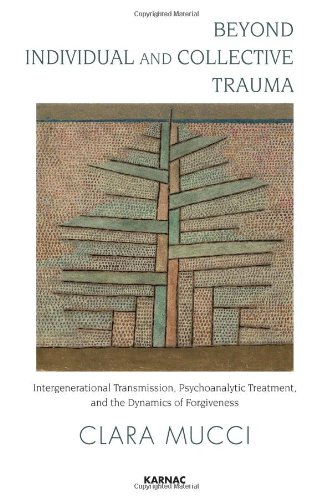
Book Details
- Publisher : Routledge
- Published : September 2013
- Cover : Paperback
- Pages : 312
- Category :
Psychoanalysis - Category 2 :
Trauma and Violence - Catalogue No : 33424
- ISBN 13 : 9781780491493
- ISBN 10 : 1780491492
Also by Clara Mucci
There are currently no reviews
Be the first to review
The book combines for the first time attachment theory, regulation attachment therapy, and the intergenerational transmission of trauma, showing how the clinical therapeutic process of “going beyond trauma” may result in forgiveness of past relationships and other reparatory practices in which self and other, both internal and external, are integrated and reconnected, opening the subject to creativity and new meaning in life. From early relational trauma to abuse and neglect, to massive social trauma such as war and genocide, the most recent psychoanalytic theories on trauma highlight the relevance of attachment on one side and intergenerational transmission of trauma on the other. The appropriate psychoanalytic treatment of traumatisation of human origin therefore needs to address the specific relational issues, trying to repair precisely the connection between self and other, thanks to the clinician’s active participation in the exchange. Abreaction, we could say with Ferenczi, whose concept of trauma differs both in theory and in practice from Freud’s idea, “is not enough”: in order to restore the empathic dyad between self and other, reparatory connections need to be re-established in the therapetic space, filled with both verbal and nonverbal interactions, fostered by the activity of the right brain of both therapist and patient, as the most recent neurobiology findings show. In the new psychoanalytic turn, the classic talking cure becomes a practice of testimony in which the reality of trauma is carefully recuperated, together with a new awareness of the distortions in the relationship, in this way interrupting the chain of repetition of the traumatic identifications, fixing the subjects in a predictable script of victim and persecutor.
Through the appropriate steps, an integration of the split parts of the traumatised self allows the subject to reach a beyond-ness of trauma, where creativity, social reconnection and possibly forgiveness between self and other and reconciliation between groups can be envisioned and experienced.
Reviews and Endorsements
‘Using the resources of neuroscientific and psychological research, Professor Mucci weaves a dense web of connection between the vicissitudes of early life experience, childhood abuse, adult tragedies and persecutions, and the psychic consequences of trauma on personal lives, psychiatric disorders, and cultural processes. A tour de force of interdisciplinary synthesis, theorization, and deep analysis.‘
- Lewis Kirshner, Clinical Professor in Psychiatry, Harvard Medical School; Training and Supervising Analyst Boston Psychoanalytic Institute
‘This book is a major synthesizing contribution to the burgeoning field within contemporary psychoanalysis of new approaches to the understanding and treatment of trauma. Clara Mucci shows how our involvement with victims of trauma requires a revised view of the ethical stance of the analyst, and how individual psychoanalytic treatment can interact beneficially to help mitigate the effects of trauma as a wider phenomenon that crosses generations and sends reverberations through whole societies. Mucci writes, as she always does, with insight, compassion, and deep humanity.’
- Robert A. Paul, Charles Howard Candler Professor of Anthropology and Interdisciplinary Studies at Emory University, and a Psychoanalyst in private practice
‘In this remarkable feat of interdisciplinary scholarship Clara Mucci masterfully integrates past and present psychoanalytic studies on trauma, recent attachment and interpersonal neurobiological data on disorganized attachment, various survivor literatures, and deep clinical experience in order to forge direct links between individual early “relational trauma” and collective “massive social trauma.” Her creative and groundbreaking work on revenge and on forgiveness has radical clinical and ethical implications for not only psychotherapists treating trauma but also for the overarching culture, many of which are now experiencing traumatic stress. This is a pioneering contribution, a bold step forward in our understanding of the darker side of the human condition.’
- Allan N. Schore, Department of Psychiatry and Biobehavioral Sciences, University of California at Los Angeles; David Geffen School of Medicine; author of The Science of the Art of Psychotherapy
‘Clara Mucci provides us with a book of impressive scope — a comprehensive, erudite conceptualization of human-caused trauma through a detailed examination of interrelated findings from attachment theory, neurobiology, genetics, and different (and sometimes conflicting) psychoanalytic perspectives. Her exploration is scholarly and thoughtful throughout, while also poignantly capturing the subjective experience of trauma in its many dimensions. Mucci considers the central role of interpersonal connectedness, in its different forms, in fostering resilience, and offers a rich psychoanalytic meditation on the places of mourning, creativity, and forgiveness in the process of overcoming trauma—including what victims need from those around them, and from their therapists. Even the most experienced clinicians will come away with a more thorough, integrated understanding of trauma and an enriched clinical approach to their work with traumatized patients.’
- Jay Frankel, Adjunct Clinical Associate Professor, Postdoctoral Program in Psychotherapy and Psychoanalysis, New York University; Associate Editor, Psychoanalytic Dialogues
'This book offers a precious instrument of study and research, a rare opportunity to investigate the encounter-crash between not-Me objects and the processes of subjectvivation..opening new roads for future investigation, holding together both the subject and the object, without the threat of reciprocal annihilation.'
- Anna Ferruta, Full member of the AFT Società Psicoanalitica Italiana, and of The International Psychoanalytical Association
About the Author(s)
Clara Mucci is a psychoanalytically oriented psychotherapist practicing in Milan and Pescara, Italy. She is Full Professor of Clinical Psychology at the University of Chieti, where she taught English Literature and Shakespearean Drama. She received a PhD from Emory University, Atlanta, and was a fellow in 2005-2006 at the Institute of Personality Disorder, New York, directed by Otto Kernberg. The author of several monographies on Shakespeare, Psychoanalysis and Literary Theory, she has taught in London (Westminster College), Atlanta, and New York (Hunter College).
Customer Reviews
Our customers have not yet reviewed this title. Be the first add your own review for this title.
You may also like
The God of the Left Hemisphere: Blake, Bolte Taylor and the Myth of Creation
Roderick Tweedy
Price £34.99
Borderline Bodies: Affect Regulation Therapy for Personality Disorders
Clara Mucci
Price £33.11
save £2.88
Resilience and Survival: Understanding and Healing Intergenerational Trauma
Clara Mucci
Price £17.09
save £1.90
Blue Diamond Healing: Exploring Transpersonal and Transdimensional Aspects of...
Phil Mollon
Price £35.99
save £4.00


